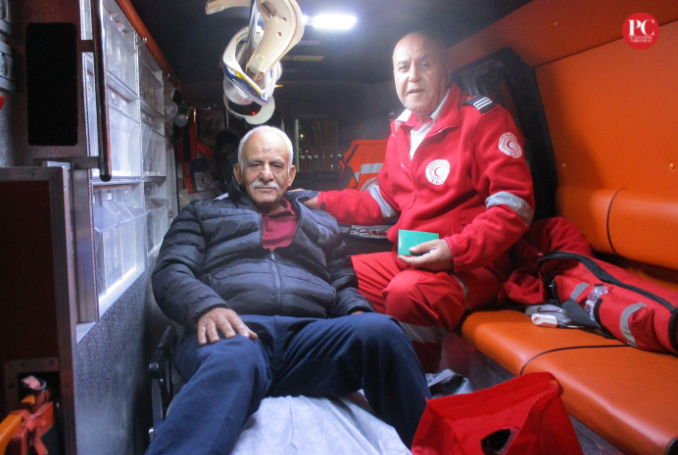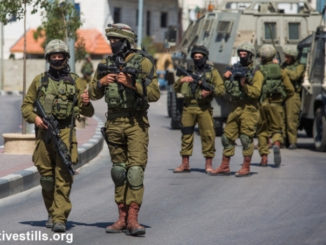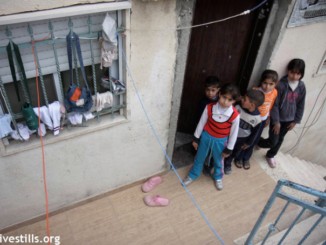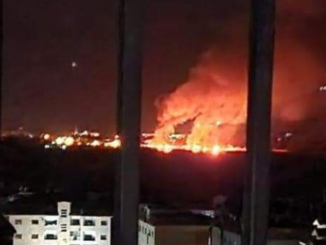
As I was standing at the Israeli military checkpoint of Qalandiya, I saw an ambulance arriving from the West Bank, with many people crowded inside, due to the chronic lack of ambulances in the West Bank.
The passengers were two Palestinian mothers with their two toddlers, as well as a young man who had just operated on his leg. Alas, the surgery was a failure. His foot was swollen like a balloon and he had to be rushed back to the hospital.
Along with several medics, they were all headed to the Maqassed Hospital in occupied East Jerusalem. At Qalandiya, they all had to endure the long wait so that another ambulance may pick them up from the checkpoint.
True to form, the wait was very long.
In fact, all roads were full and the procedures to verify the identity of the patients and their companions took an unreasonable amount of time.
This is the sordid reality you see every day in this very place: Israeli soldiers, security guards and lots of guns.
While the children’s permits were all in order, the young man, with the botched surgery, did not have all the necessary documents.
“But I have my transit permit (tasreeh),” he said.
“Yes, but you do not have the tanseek, the coordination document,” the soldier answered, saying that he should only cross the checkpoint at the pedestrian gate.
But clearly, the man could not step on his injured foot. This did not seem to matter to the Israeli soldiers, who had all the patients wait until the document was finally released.
On the other side of the checkpoint, a Palestinian ambulance was waiting for its counterpart from the West Bank, which was stuck in the traffic.
When it finally arrived, I saw the passenger. He was a cardiac patient sent to the Maqassed Hospital for a catheterization procedure. He was moved to the other ambulance.
I wished them all good luck. The Palestinian paramedic told me: “I wish you were here every time I come to Qalandiya, because your presence makes things much smoother”.
We both smiled. That was the only form of human kindness in that dark, cold place.
As I was leaving, I saw the decorations that Israeli authorities hung up to celebrate the New Year. I reflected on the Bible’s Proverb referring to “a gold ring in a pig’s snout.” I felt that was an appropriate comparison.
Although I have witnessed and reported on numerous procedures at Qalandiya, I still believe that it is my duty to be there, to spread the truth about this place, filled with racist laws, which have nothing to do with law or justice.
(Translated by Tal Haran. Edited by Romana Rubeo)







